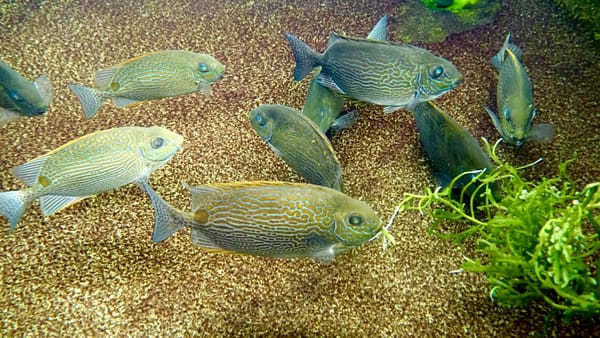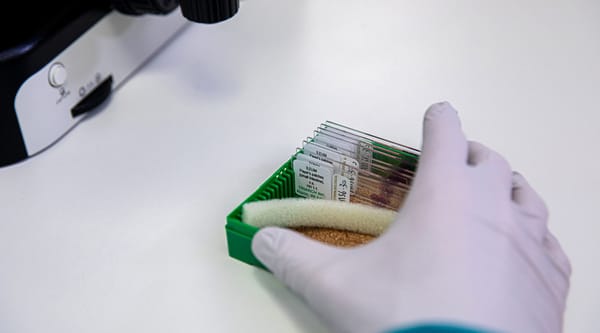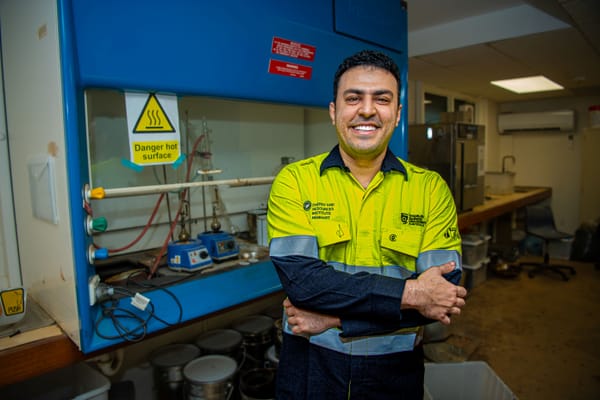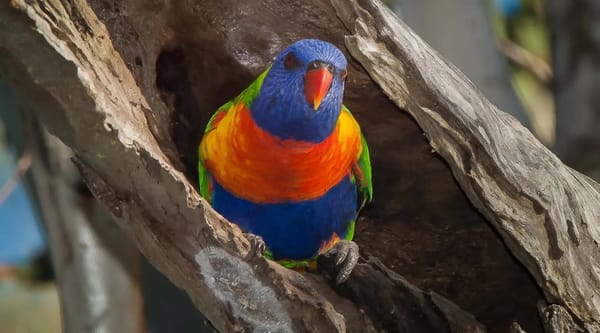ECU appoints first Aboriginal Director of the HealthInfoNet
ECU’s Australian Indigenous HealthInfoNet will for the first time in its three-decade history have an Aboriginal person at its helm.
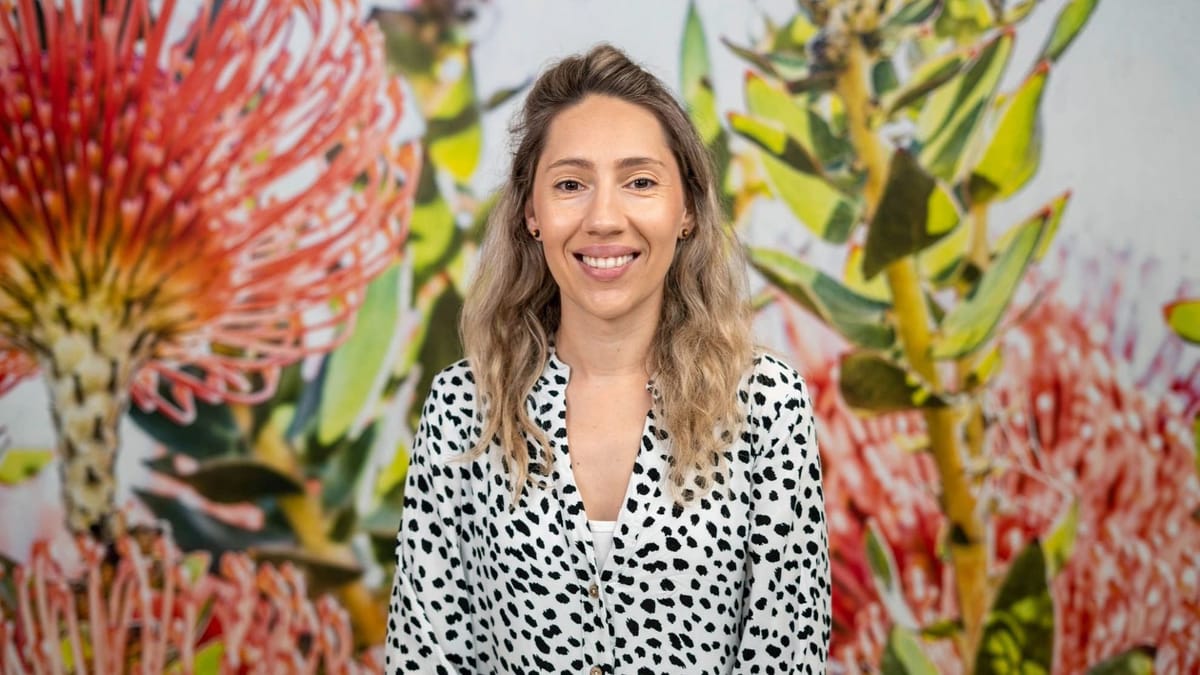
First published by Edith Cowan University
The new Director, Professor Bep Uink, is also the first female Director of HealthInfoNet, which in September 2024 celebrated its 27-year contribution to the Aboriginal and Torres Strait Islander health sector.
Professor Uink will head the specialist health network that provides up-to-date, evidence-informed, and practical information to health professionals and community organisations working to improve health and wellbeing outcomes for Aboriginal and Torres Strait Islander people, families and communities.
"HealthInfoNet has built an excellent reputation nationally and I am looking forward to working with the national stakeholders and peak bodies as we strive to support evidence-based decision making to help achieve the best possible outcomes in Aboriginal and Torres Strait Islander health," said Professor Uink.
Professor Uink is a Noongar woman from Perth with a Master of Applied Psychology (Clinical) and PhD, who has come from the role of Dean of Indigenous Knowledges at Murdoch University.
As a Post-Doctoral Fellow and Senior Research Fellow at Murdoch's Kulbardi Aboriginal Centre, Professor Uink's research focused on understanding how socially determined disadvantage impacts the social emotional wellbeing of young people, both Indigenous and non-Indigenous, and how social systems, such as higher education, can support young peoples' wellbeing.
She has led a program of Aboriginal youth mental health research informed by community needs and strengths, which secured over $6.5 million in funding, including from the NHMRC for the Walkern Katatjdin (Rainbow Knowledge) study. This important research has informed the 10-Year National Action Plan for LGBTIQA+ Health and Wellbeing, and its findings have been instrumental in advocating for Aboriginal and Torres Strait Islander LGBTQA+ inclusion in national health strategies.
Professor Uink has also been leading the ARC Discovery Indigenous project, Racism and Allyship in Aboriginal Youth Spaces (RAAYS), which examines the impact of daily racism on Aboriginal adolescents' wellbeing and explores how non-Indigenous adults can prevent and interrupt racism.
Professor Dan McAullay, Dean of ECU's Kurongkurl Katitjin Centre for Indigenous Education and Research said the Australian Indigenous HealthInfoNet was an integral part of Kurongkurl Katitjin and was well respected for providing the evidence base to inform practice and policy in the Aboriginal and Torres Strait Islander health sector.
Professor McAullay said it was a milestone stage for HealthInfoNet to appoint an Aboriginal woman as its new leader and he was confident Professor Uink would continue the important legacy of HealthInfoNet’s unique and vital role nationally.
"Bep's dedication to improving Aboriginal health and wellbeing has made her a respected voice in the field, so her experience and passion will undoubtedly further the impactful work of the Australian Indigenous HealthInfoNet," said Professor McAullay.
"Professor Uink will be the HealthInfoNet's third Director since it was founded by GP, Professor Neil Thomson who led for 17 years before handing over to Professor Neil Drew for the past 10 years, both who have left an amazing legacy.
"I'd like to take the opportunity to acknowledge Professor Neil Drew, as outgoing Director, for his 10-year contribution in delivering many new initiatives and successful funding outcomes and wish him the best as he heads towards retirement."
Professor Drew said it was a proud 'passing of the baton moment' to see the evolution of the HealthInfoNet and to be able to welcome an Aboriginal Noongar woman into the leadership role.
Professor Bep Uink commenced in the role on 7 October 2024.
More information:
The HealthInfoNet is a comprehensive Internet resource that informs practice and policy in Aboriginal and Torres Strait Islander health by making up to date research and other knowledge readily accessible via any platform. It contributes to closing the gap in health between Aboriginal and Torres Strait Islander peoples and other Australians. For over 27 years, working in the area of knowledge exchange with a population health focus, the HealthInfoNet makes research and other information freely available in a form that has immediate, practical utility for practitioners and policy-makers in the area of Aboriginal and Torres Strait Islander health, enabling them to make decisions based on the best available evidence.

